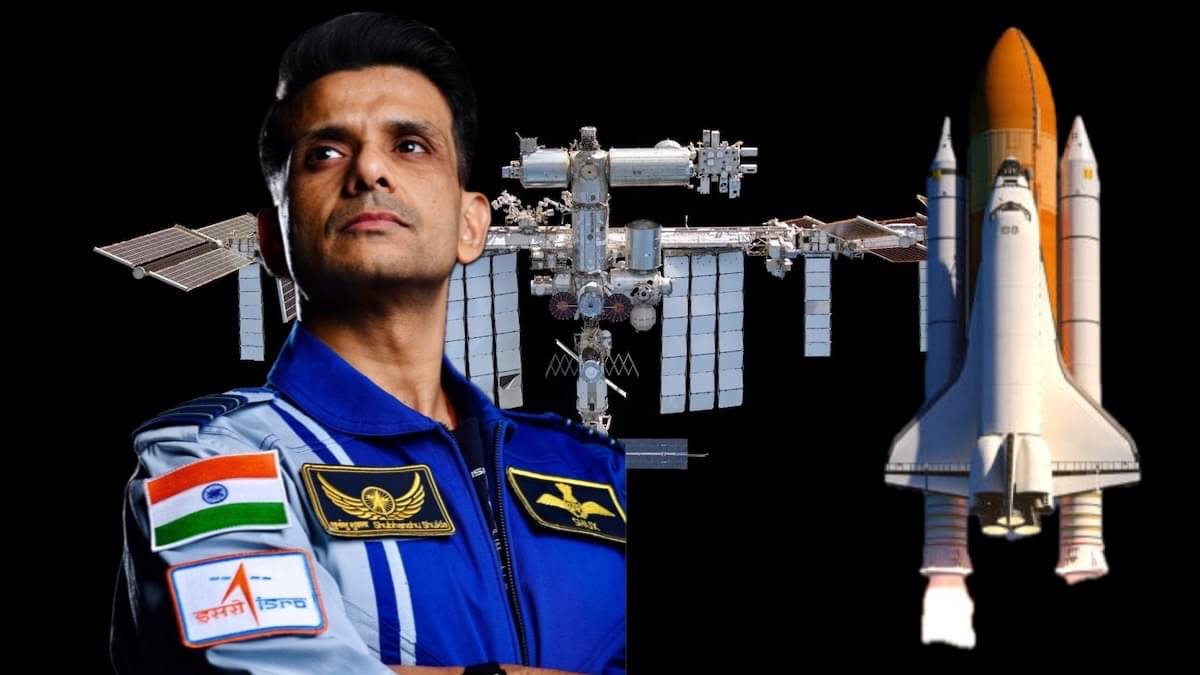Introduction: India’s Historic Leap Into Space
Group Captain Shubhanshu Shukla has made history by becoming the first Indian astronaut to reach the International Space Station (ISS), marking a monumental milestone in India’s space journey. The Axiom-4 (Ax-4) mission successfully docked with the ISS on 26 June, with Shukla and three other international crew members onboard.

The four-member team is led by former NASA astronaut Peggy Whitson and includes Slawosz Uznanski-Wisniewski from Poland and Tibor Kapu from Hungary. The mission is a collaboration between NASA, ISRO, ESA, and SpaceX, and is being operated by Houston-based private company Axiom Space.
Ax-4 Launch and Docking Timeline
Ax-4 lifted off from NASA’s Kennedy Space Center in Florida at 02:31 EDT (06:31 GMT, 12:01 IST) on Wednesday. The spacecraft, named Grace, docked with the ISS at 06:31 EDT on Thursday, expanding the crew on the orbiting laboratory to 11.
BBC News reported live from Delhi as the historic event unfolded, broadcasting visuals of Shukla floating into the ISS alongside his team.

India’s Space Legacy and Future Plans
Shukla is only the second Indian to travel to space, following cosmonaut Rakesh Sharma in 1984. However, he is the first to set foot on the ISS — a landmark for India’s growing space ambitions.
ISRO spent ₹5 billion (approx. $59 million) for Shukla’s training and participation. During the two-week Ax-4 mission, the crew will conduct 60 scientific experiments, including seven designed by ISRO. The hands-on experience will significantly contribute to India’s upcoming Gaganyaan human spaceflight mission planned for 2027.
Life Onboard: “What a Ride!”
In a live transmission on Thursday, Shukla described his first 24 hours in space as “an amazing feeling.” He joked about sleeping more than expected and spoke about learning how to walk, eat, and function in zero gravity Shubhanshu Shukla.
Floating alongside the astronauts was Joy — a white toy swan that acts as the crew’s zero-gravity indicator. Shukla said, “The swan symbolises wisdom and discernment, which are vital in today’s age of distractions.”
Commander Whitson, revealing the spacecraft’s name as Grace, said it represents “the harmony of science and spirit” and that spaceflight is “an act of goodwill—for the benefit of every human, everywhere.”
Conclusion: A New Chapter for Indian Spaceflight
Group Captain Shubhanshu Shukla’s journey isn’t just a personal milestone — it is a national achievement for India. His mission highlights the power of global collaboration and the enormous strides being made by ISRO in human spaceflight.

As ISRO prepares for Gaganyaan and future lunar missions, Shukla’s presence on the ISS represents a new era of Indian ambition in space.
Stay updated with space milestones and global breakthroughs via The Morning News Informer’s World News section.









